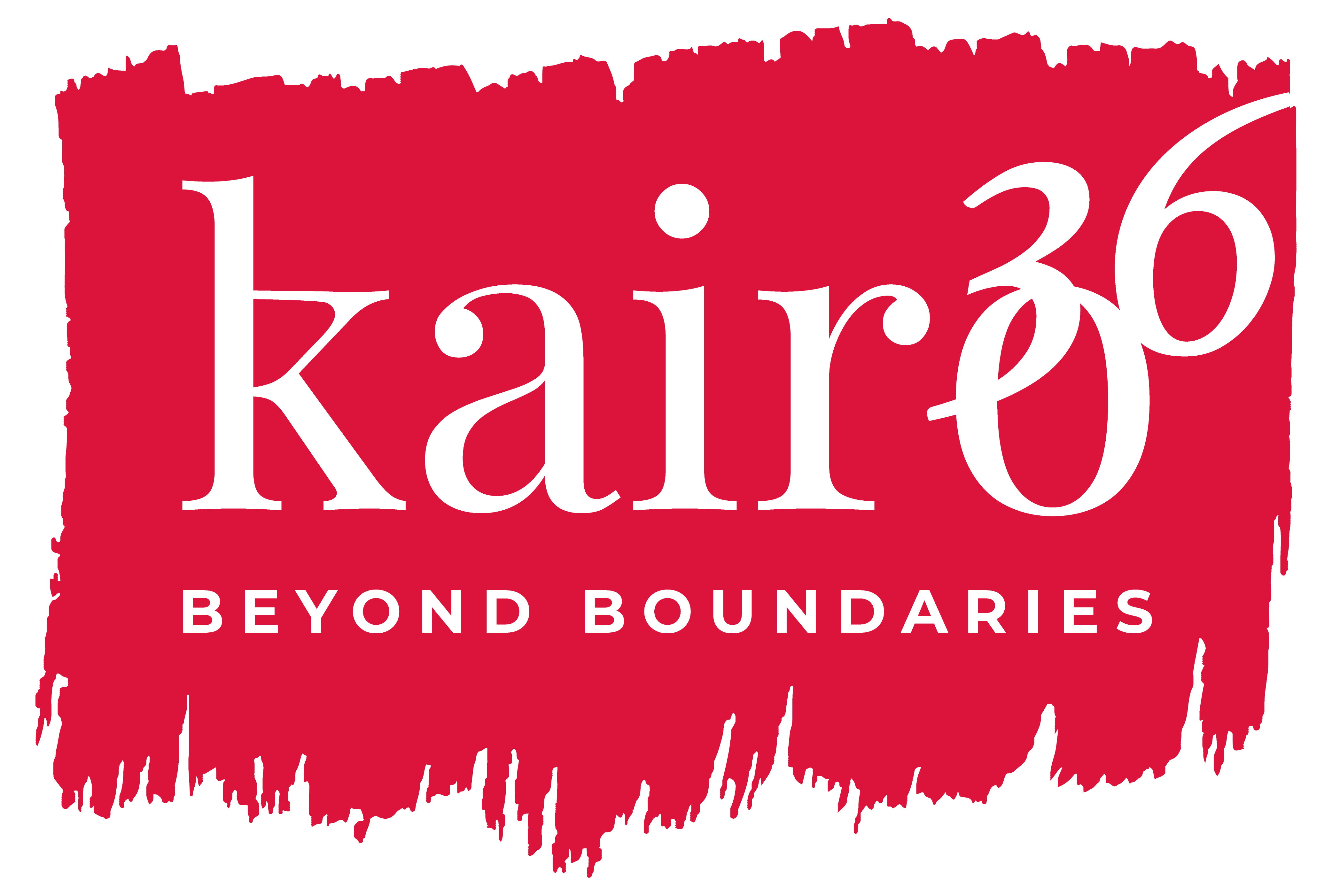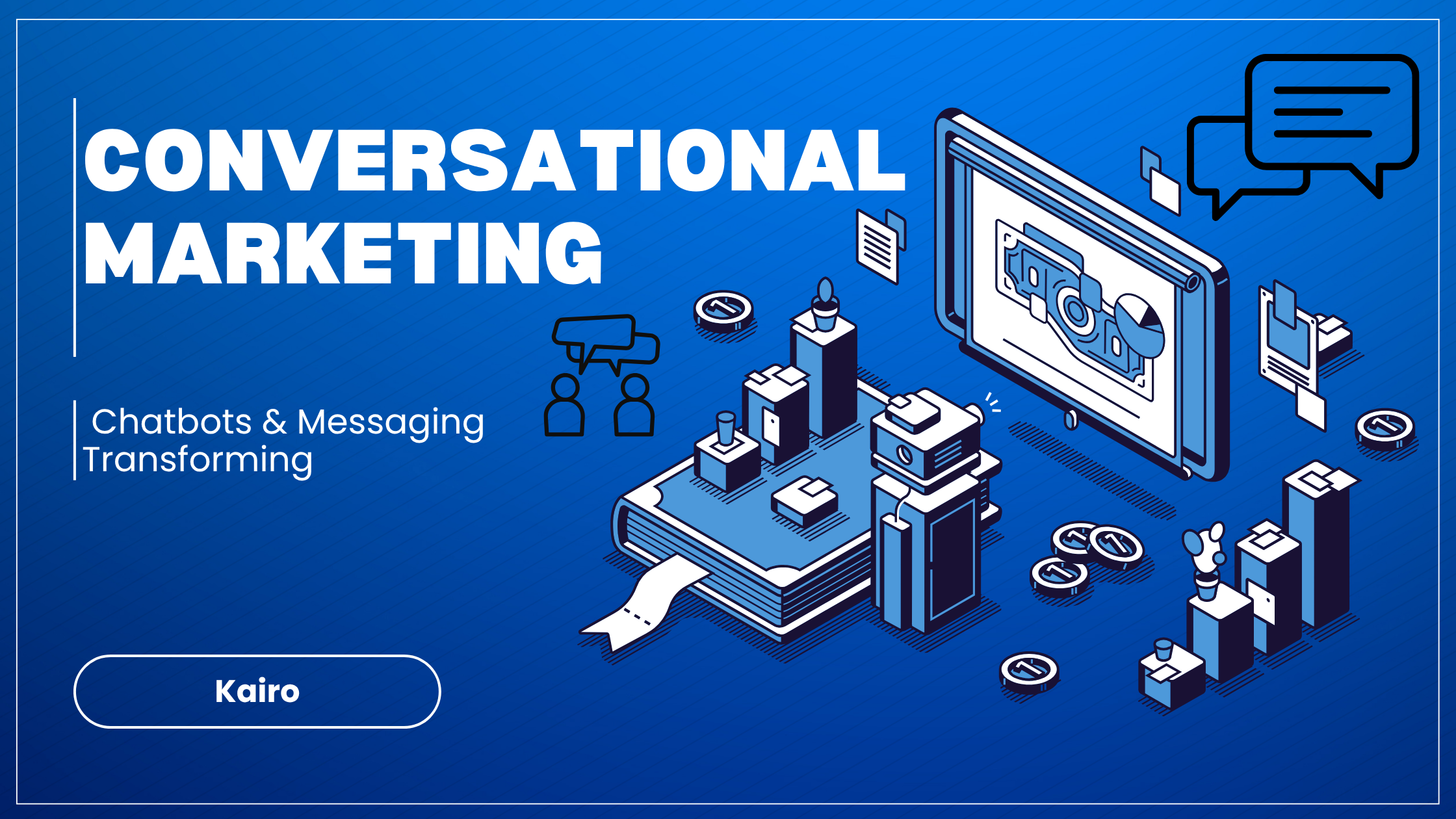Conversational Marketing: Chatbots & Messaging Transforming
Introduction
In a world dominated by instant gratification and real-time interaction, conversational marketing has emerged as a powerful way for brands to connect with audiences on a human level. This approach, which leverages chatbots and messaging apps, transforms traditional one-way communication into meaningful two-way dialogues—creating opportunities for improved engagement, lead generation, and customer loyalty.
At Kairo360, we believe conversational marketing is more than a trend—it’s the future of how businesses will build relationships in the digital age.
What is Conversational Marketing?
Conversational marketing is the practice of engaging customers in real-time, personalized conversations through channels like:
- AI-powered chatbots
- Live chat on websites
- Messaging apps like WhatsApp, Facebook Messenger, and Instagram DMs
Unlike static forms or delayed email responses, this method offers instant communication—mirroring how people naturally interact.
🔗 Related Read: How AI is Reshaping Customer Experiences
Why Conversational Marketing Works
- Speed & Convenience: 82% of consumers expect an immediate response on marketing or sales queries (HubSpot).
- Personalization at Scale: Chatbots can segment users and tailor messages based on behavior and preferences.
- Higher Conversions: Leads captured through conversations convert 3x more than traditional forms (Drift).
- 24/7 Availability: Chatbots never sleep—providing round-the-clock support and nurturing.
Popular Tools for Conversational Marketing
Here are some tools you can integrate with your website or campaigns:
| Tool | Features | Best For |
|---|---|---|
| Drift | B2B sales-focused chatbots, lead routing | SaaS and enterprise |
| ManyChat | Messenger & Instagram automation | eCommerce, influencers |
| Tidio | Live chat, chatbot builder | SMEs and support-heavy businesses |
| Intercom | Product tours, in-app messaging | Product-led companies |
Messaging Apps: The New Marketing Channels
With over 2 billion WhatsApp users globally, messaging apps have become critical touchpoints. Brands are using them for:
- Personalized offers & cart recovery
- Customer support & order tracking
- Feedback collection & loyalty campaigns
🧠 Example: A D2C skincare brand used WhatsApp automation to recover 40% of abandoned carts by sending time-sensitive discounts via chatbot.
🔗 Learn More: WhatsApp Business API Explained
Best Practices for Conversational Marketing
- Start Simple: Launch with one chatbot campaign—like lead capture or appointment booking.
- Keep It Human: Blend automation with live human takeover for complex queries.
- Be Transparent: Disclose when users are chatting with a bot.
- Leverage Rich Media: Use emojis, GIFs, and quick-reply buttons for better UX.
- Use Data to Improve: Monitor conversations and refine chatbot flows continuously.
Conversational Marketing for Kairo Clients
At Kairo, we’ve helped clients in real estate, eCommerce, and healthcare:
- Increase lead response rates by 60%
- Automate 70% of FAQs with AI-powered chat
- Shorten sales cycles through smart routing and instant engagement
Want us to audit your customer engagement strategy?
👉 Schedule a Free Consultation
Read More Topics
- The Rise of AI-Generated Content and Its Impact
- What Is Instagram Algorithm? A 2025 Deep Dive
- Case Study: WhatsApp Marketing for a Local Retail Chain
Conclusion
In a crowded digital space, conversation is your competitive edge. By meeting users where they are—on messaging apps and through chatbots—brands can provide faster, smarter, and more meaningful interactions. Whether you’re just getting started or looking to optimize your current chatbot flows, conversational marketing is your gateway to modern, customer-centric marketing.

